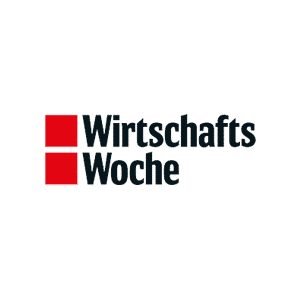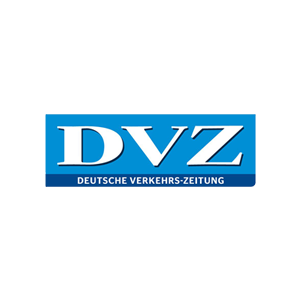The new regulation obliges the authorities of the member states to accept legally required information in electronic form for freight transport if companies make it available in the format provided for this purpose. Overall, this should save administrative costs in the tens of billions of euros.
The advantages of electronic information
Several IT solutions for the exchange of freight traffic information are currently in use throughout Europe. The incompatibility of these solutions often leads to drivers preferring paper documents, a costly and time-consuming process. As a unified legal framework, eFTI will standardize the use of electronic information, which will encourage transport companies to switch to digital solutions. It will also facilitate enforcement work and reduce waiting times during inspections.
 “The regulation is only a first step towards the further digitalization of freight transport, just as the ratification of the eCMR convention by all EU member states was,” says Daniel Mahnken, company spokesman of Saloodo! – the digital freight platform. “Using the eCMR instead of its paper-based alternative has already proven to be much more efficient”.
“The regulation is only a first step towards the further digitalization of freight transport, just as the ratification of the eCMR convention by all EU member states was,” says Daniel Mahnken, company spokesman of Saloodo! – the digital freight platform. “Using the eCMR instead of its paper-based alternative has already proven to be much more efficient”.
The European Commission estimates that the reduced administrative burden of using digital forms will save operators up to 27 billion euros over the next 20 years. Given the economic impact of the COVID-19 coronavirus on European freight transport, estimated at 64 billion euros in 2020, these savings represent a huge relief for service providers.
“The eFTI regulation will increase the efficiency of all modes of transport, reduce costs for service providers, simplify enforcement and remove language barriers. This will significantly improve the efficiency of freight transport in the EU internal market – a good decision for the transport and logistics industry,” adds Daniel Mahnken.
A central contact point for harmonized data exchange
The European Commission wants to develop the technical specifications for eFTI platforms by 2022. The member states will then have 30 months to set up electronic platforms for the exchange of information. By August 2024, according to the plan, transport companies in all EU member states will be able to submit electronic information in a harmonized format.









